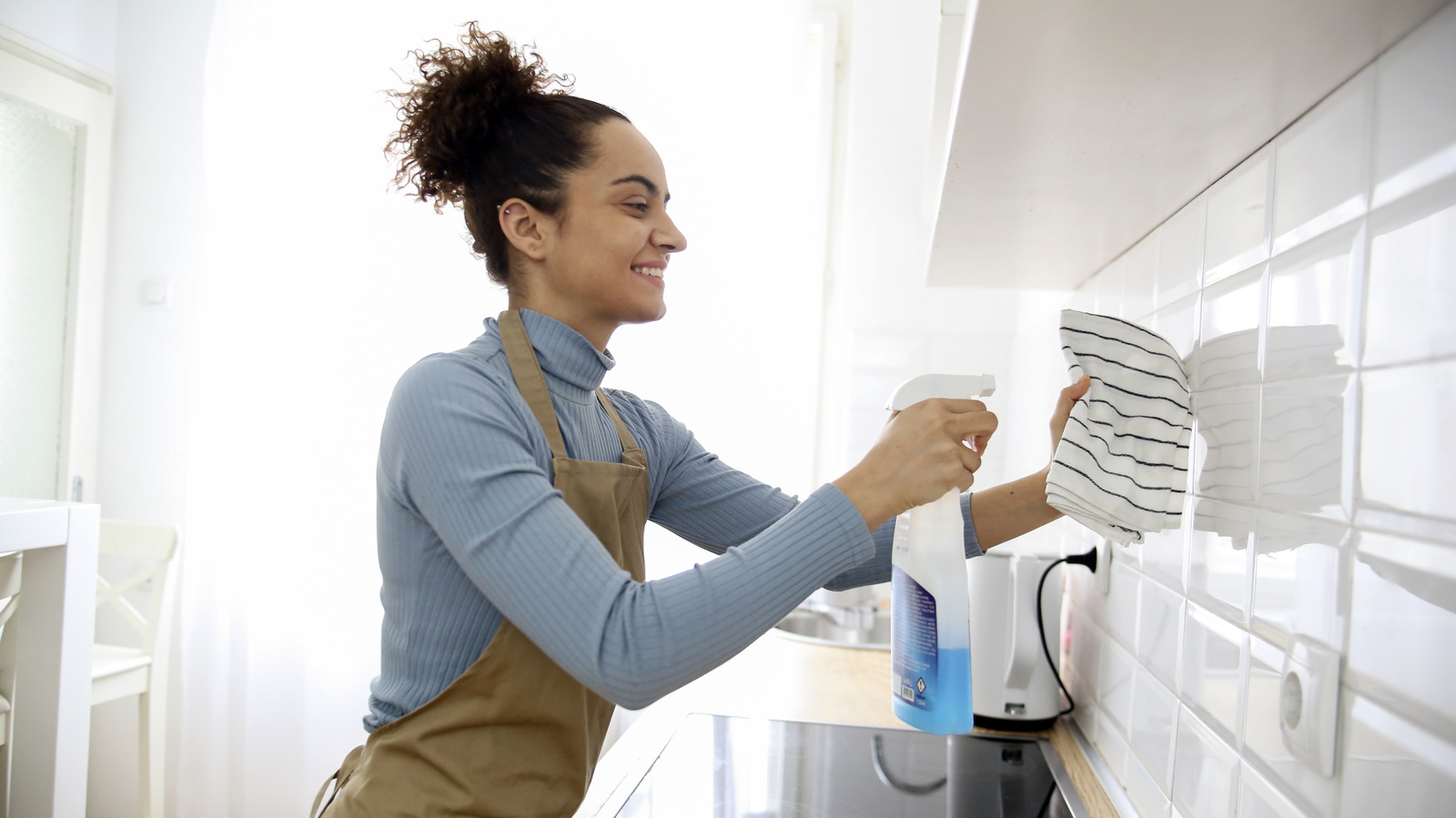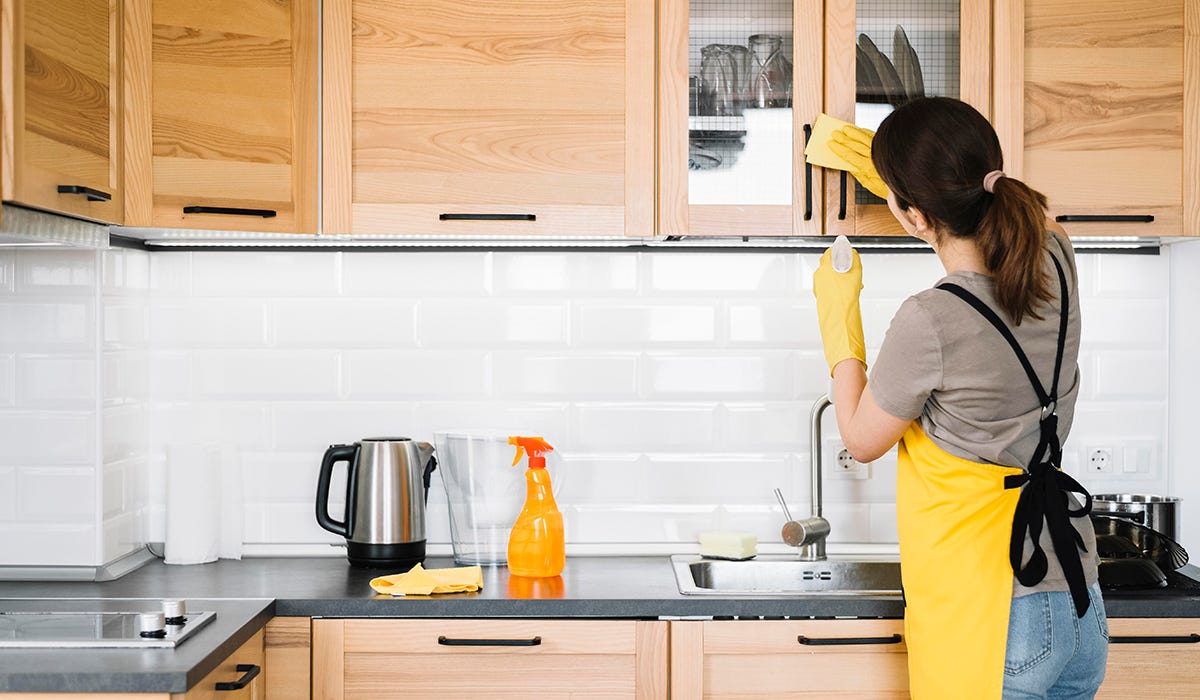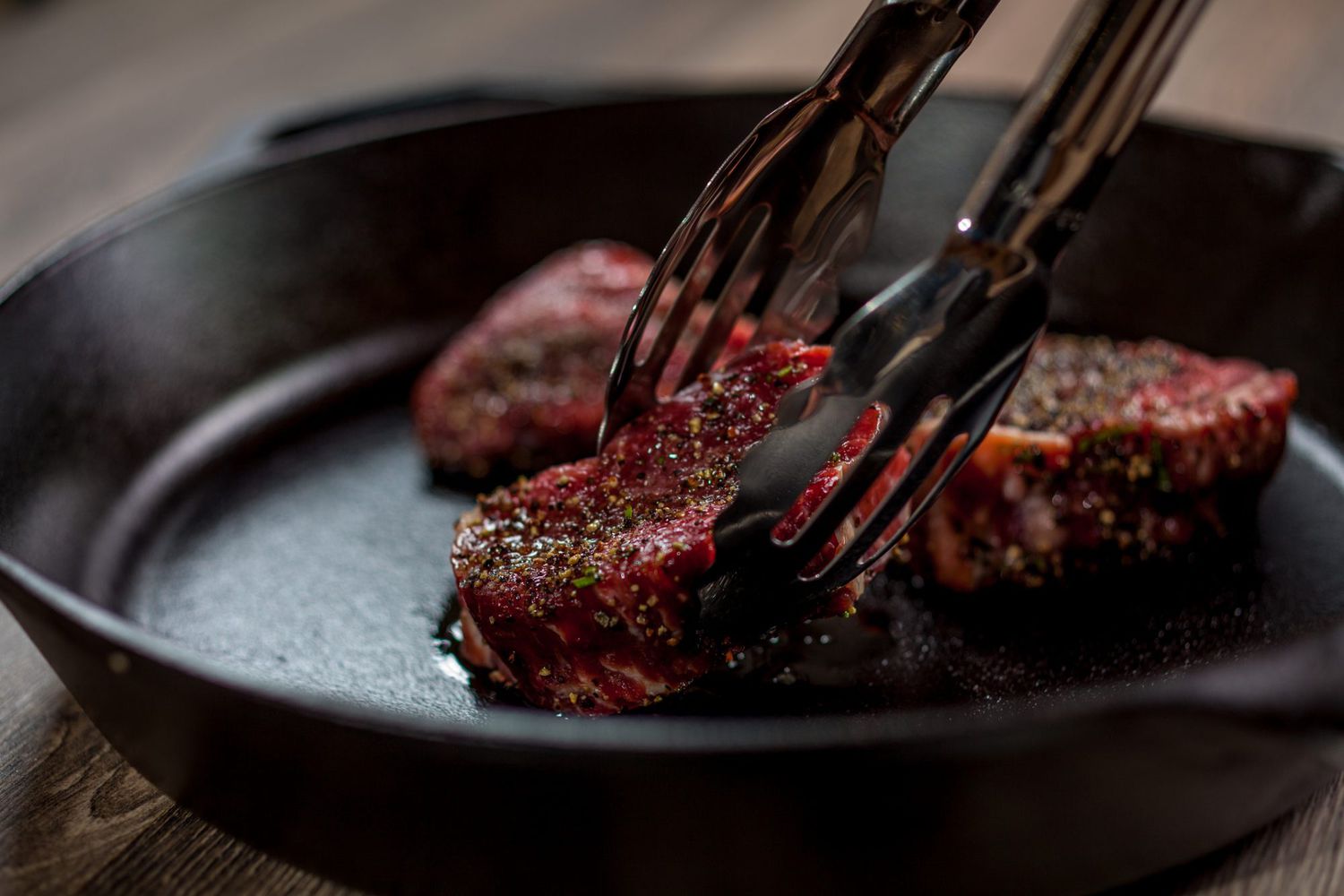When it comes to cooking technology in modern kitchens, glass top stoves have gained immense popularity among culinary professionals and home cooks alike. But a question lingerswhy cant you use cast iron on a glass top stove? This intriguing inquiry not only revolves around safety but also potential damage to your valuable kitchen equipment. In this article, we will unravel the truths, and potential pitfalls of using cast iron cookware on a glass top stove.
As kitchen professionals, understanding the compatibility of cooking utensils with various surfaces is essential. The last thing you want is to jeopardize efficiency or cause costly repairs. Let's delve deeper into this topic and discover the remarkable implications of using cast iron cookware.

Understanding Glass Top Stoves
Glass top stoves primarily function through radiant heat transfer. Unlike traditional gas stoves, they rely on electrical coils beneath the surface, generating heat directly to the exposed cooking area. This technology allows for precise temperature control but poses specific challenges, especially when using heavyweight cookware like cast iron.
One critical aspect to remember about glass tops is their sensitivity. The material, while durable, can crack or shatter under certain conditionsespecially when subjected to abrupt temperature changes or excessive weight. This leads us to our core concern when discussing cast iron.
Impacts of Using Cast Iron Cookware on Glass Tops
As we address the questionwhy cant you use cast iron on a glass top stove?its essential to explore the consequences. Heres a breakdown:
The Weight Factor
Cast iron cookware is significantly heavier than other materials, such as aluminum or stainless steel. Lifting or moving a heavy skillet can scratch or even break the glass surface, leading to extensive repair costs. Professionals should consider using lighter materials that evenly distribute weight across the burner.
Uneven Heat Distribution
Another critical drawback is the heat distribution. Cast iron takes longer to heat up, causing heat spots that can result in uneven cooking. This inefficiency leads to frustration among culinary experts who require precision in their dishes.
Potential for Cracking
Glass top stoves can experience thermal shock due to rapid heating or cooling. Sudden temperature changes can lead to cracks. The thickness and heat retention of cast iron exacerbate this risk, making it a less than ideal choice for glass tops. One quick example of this is if you were to heat the pan and then swiftly plunge it into cold water for cleaning, leading to a possible disaster.
Alternative Cookware Options for Glass Top Stoves
Considering the inconveniences posed by using cast iron cookware, its wise for kitchen professionals to seek dependable alternatives. Heres a list of cookware that pairs excellently with glass top stoves:
- Stainless Steel: Known for its durability and lightweight nature, stainless steel evenly disperses heat, making it a safe choice.
- Aluminum: Aluminum pans are generally lightweight and equally effective in heat distribution.
- Ceramic Cookware: Great for maintaining a non-stick surface and less likely to scratch the glass top.
Cleaning and Maintenance Tips for Glass Top Stoves
Proper maintenance can extend the life of your glass top stove. Here are some critical tips:
- Use Cookware with Smooth Bottoms: This helps reduce scratches caused by cooking.
- Use Appropriate Cleaners: Make sure to use glass top-safe cleaners to avoid damaging the surface.
- Wipe Spills Immediately: Preventing spills from burning onto the surface saves you from difficult cleaning later on.
For more cleaning tips, you can visit Martha Stewart's Cleaning Guide.

Conclusion
In summary, the question why cant you use cast iron on a glass top stove has multiple facets to consider. While many love the functionalities of cast iron, it poses risks when utilized on glass tops. From potential damages to inefficient heating, its clear that kitchen professionals must tread carefully.
For the health of your kitchen and the longevity of your appliances, consider making informed choices regarding cookware. Adopting safer options will undoubtedly lead to better cooking experiences!
FAQs
Can I use cast iron on any stove type?
Yes, cast iron is compatible with gas, electric coil, and induction stoves, but caution is needed on glass tops.
What are the best materials for a glass top stove?
Stainless steel, aluminum, and ceramic are among the best choices for glass top stove cooking.
How can I prevent my glass stove from scratching?
Always use cookware with smooth bottoms and avoid sliding pans across the surface.
This article contains affiliate links. We may earn a commission at no extra cost to you.





Leave a comment
This site is protected by hCaptcha and the hCaptcha Privacy Policy and Terms of Service apply.